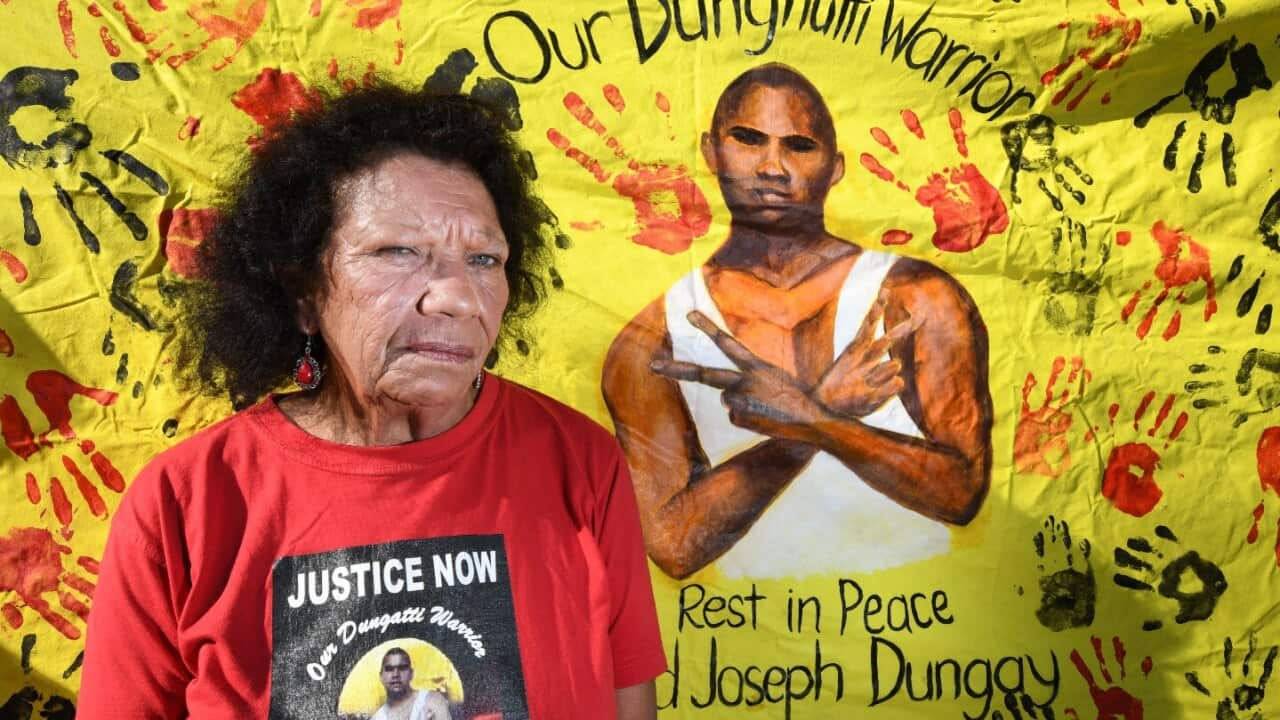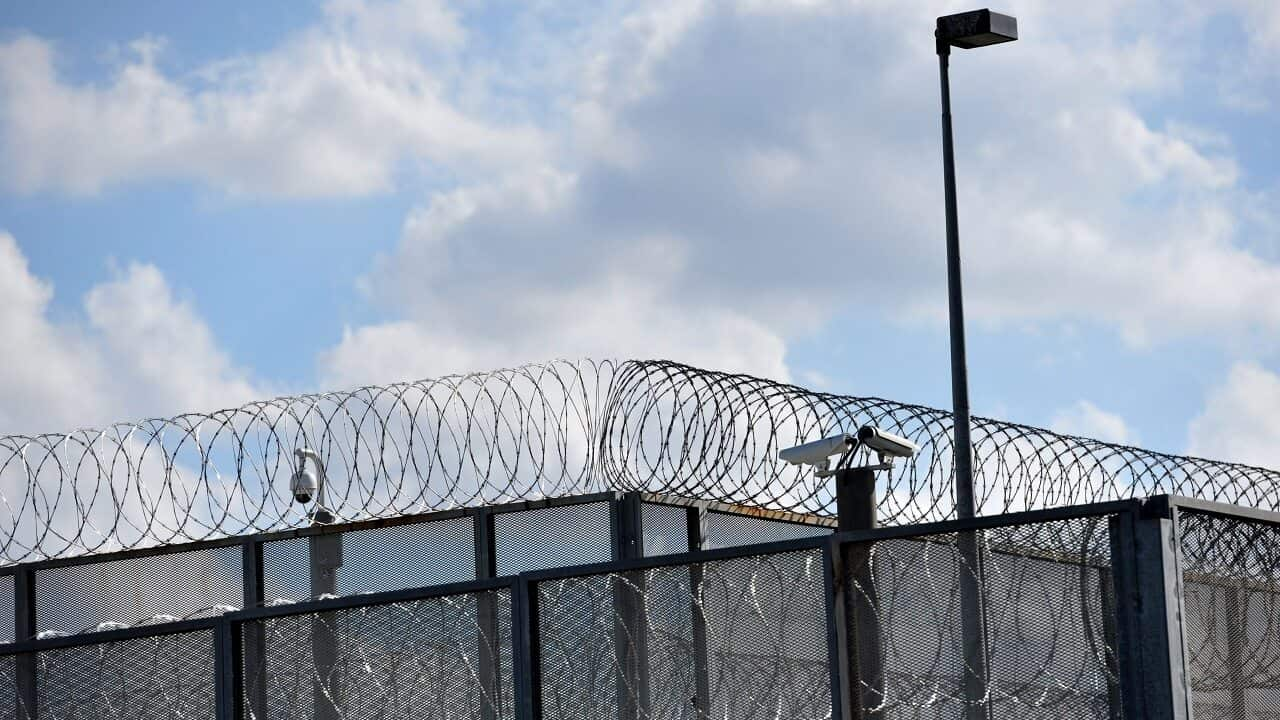A New South Wales Coroner has not accepted submissions to have five prison guards face charges of manslaughter after they restrained 26-year-old Dunghutti man, David Dungay, before his death in December 2015 at Long Bay Prison Hospital.
At the Coroner's Court on Friday, Deputy State Coroner, Derek Lee, said a "lack of training by medical staff" on the day was the contributing factor to the death of Mr Dungay, who died of Cardiac Arrhythmia whilst being restrained from the prison's Immediate Action Team (IAT).
Mr Lee said the nurse who first attended the scene "clearly recognised there was a clear basis to necessitate an assessment of David's breathing when he heard him scream that he couldn't breathe - but left when IAT arrived."
Despite Mr Lee saying the nurse was "no longer a danger to the public," he has recommended the same nurse be referred to the Nursing and Midwifery Board of Australia, for consideration of whether the nurse's professional conduct should be subject to a review. Outside of Court, Mr Dungay's mother, Leetona, addressed the media following the findings handed down, saying she was not happy with the outcome.
Outside of Court, Mr Dungay's mother, Leetona, addressed the media following the findings handed down, saying she was not happy with the outcome.

Leetona Dungay addresses media outside of the NSW State Coroners Court following the findings handed down into the death in custody of her sun, Nov 22, 2019. Source: Douglas Smith
"I'm disgusted and deeply hurt by the passes for justice in Australia," said Ms Dungay.
"He wasn't a danger to anyone - ask yourselves this, if an Aboriginal man held down a white man until he was dead, where do you think those Aboriginal men would be?"
George Newhouse from the National Justice Project,- acting for the Dungay family - said the legal team would continue to explore other options for justice despite today's findings.
"There are still steps that can be taken to hold people accountable for their actions, both guards and medical staff, and we'll be investigating every possible avenue," said Mr Newhouse.
At the time of Mr Dungay's death, CCTV footage showed five correctional officers forcibly attempt to transfer him to a camera-monitored cell because he was a diabetic and would not stop eating a packet of biscuits. Giving evidence earlier this year, the nurse on the day said Mr Dungay's blood sugar levels were measured four times on the day of his death, with all four returning a high reading.
Giving evidence earlier this year, the nurse on the day said Mr Dungay's blood sugar levels were measured four times on the day of his death, with all four returning a high reading.

Prison officers restraining inmate David Dungay in the moments before his death. Source: NITV
However, the nurse said they were not made aware of any request for a cell transfer until the IAT had already arrived.
As Mr Dungay was being restrained - he screamed, “I can’t breathe” a dozen times before he was injected with Midazolam, a powerful sedative by a Justice Health nurse. Soon after the injection, Mr Dungay lost consciousness and died.
Extended family members also spoke to media outside, saying there was "no duty of care" provided to Mr Dungay before his death.
"Criminal charges need to be laid against prison officers and guards, whether its assaulting inmates or killing inmates whilst in their custody," said Paul Silva, Mr Dungay's nephew.
"We're not stopping here, we're gonna keep demanding justice until we get those criminal charges." In other recommendations, Mr Lee said NSW Commissioner of Corrective Services should implement a full-time Aboriginal Welfare Officer at Long Bay Prison, as there was no one working there on the day of Mr Dungay's death.
In other recommendations, Mr Lee said NSW Commissioner of Corrective Services should implement a full-time Aboriginal Welfare Officer at Long Bay Prison, as there was no one working there on the day of Mr Dungay's death.

Family members of Mr Dungay outside of the NSW State Coroner's Court, 22 Nov 2019. Source: Douglas Smith
Mr Lee also recommended that Corrective Services review their policy of the Immediate Action Team when restraining inmates and in the manner they do so.
Other recommendations included giving power to Justice Health medical personnel, to be able to give directions to correctional officers regarding the positioning of a patient for the administration of injections.










